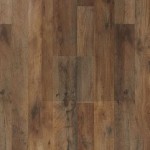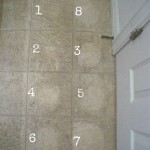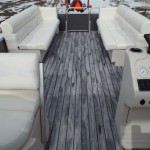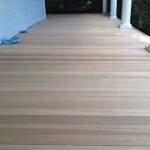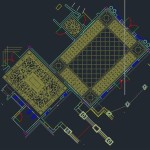Essential Aspects of Engineered Hardwood Floors: Floating vs. Not
Engineered hardwood floors offer a durable and stylish alternative to traditional solid hardwood flooring. However, one key difference between these options is the installation method - engineered hardwood floors can either be glued down or floated. Understanding the differences between these two installation methods is essential for making an informed decision.
Floating Engineered Hardwood Floors
Floating engineered hardwood floors are installed by clicking the planks together and laying them on a foam underlayment. This eliminates the need for glue or nails, making installation easier and more accessible for DIY enthusiasts. Floating floors also allow for quick and hassle-free repairs in the event of damage.
Advantages of floating engineered hardwood floors:
- Easy and accessible installation
- Quick and simple repairs
- Minimal subfloor preparation required
- Suitable for uneven subfloors
Glued-Down Engineered Hardwood Floors
Glued-down engineered hardwood floors are installed by applying a layer of adhesive to the subfloor and then pressing the planks into place. This method provides a more permanent bond and is generally more durable than floating floors.
Advantages of glued-down engineered hardwood floors:
- Increased durability and stability
- Reduced risk of gaps and buckling
- Improved soundproofing
- Suitable for moisture-prone areas
Choosing the Right Installation Method
The choice between floating and glued-down engineered hardwood floors depends on several factors, including:
- Subfloor condition: Floating floors are more suitable for uneven or damaged subfloors, while glued-down floors require a level and stable subfloor.
- Durability: Glued-down floors are generally more durable and can handle heavy traffic better than floating floors.
- Moisture resistance: Glued-down floors offer better moisture resistance, making them suitable for kitchens and bathrooms.
- Installation experience: Floating floors are easier to install, making them a good option for DIY projects.
Conclusion
Both floating and glued-down engineered hardwood floors have their advantages and disadvantages. Floating floors are easier to install, more forgiving of subfloor imperfections, and offer quicker repairs. Glued-down floors provide greater durability, soundproofing, and moisture resistance. By carefully considering your specific needs and requirements, you can choose the installation method that best suits your home.

What Are Floating Wooden Floors Discount Flooring Depotdiscount Depot Blog

Floating Floors Vs Non What Gives

Floating Vs Glue Down Engineered Hardwood From The Forest Llc

Floating Floor Vs Nail Down Slaughterbeck Floors Inc

Floating Engineered Wood Flooring Explained And Beyond Blog

Choose Wisely Floating Vs Nail Down Engineered Hardwood

Downsides Of Floating Engineered Wood Flooring And Beyond Blog

How To Install An Engineered Hardwood Floating Floor With Finishing Tips

How To Install A Hardwood Floating Floor

How To Install Lock Engineered Hardwood Flooring
Related Posts

